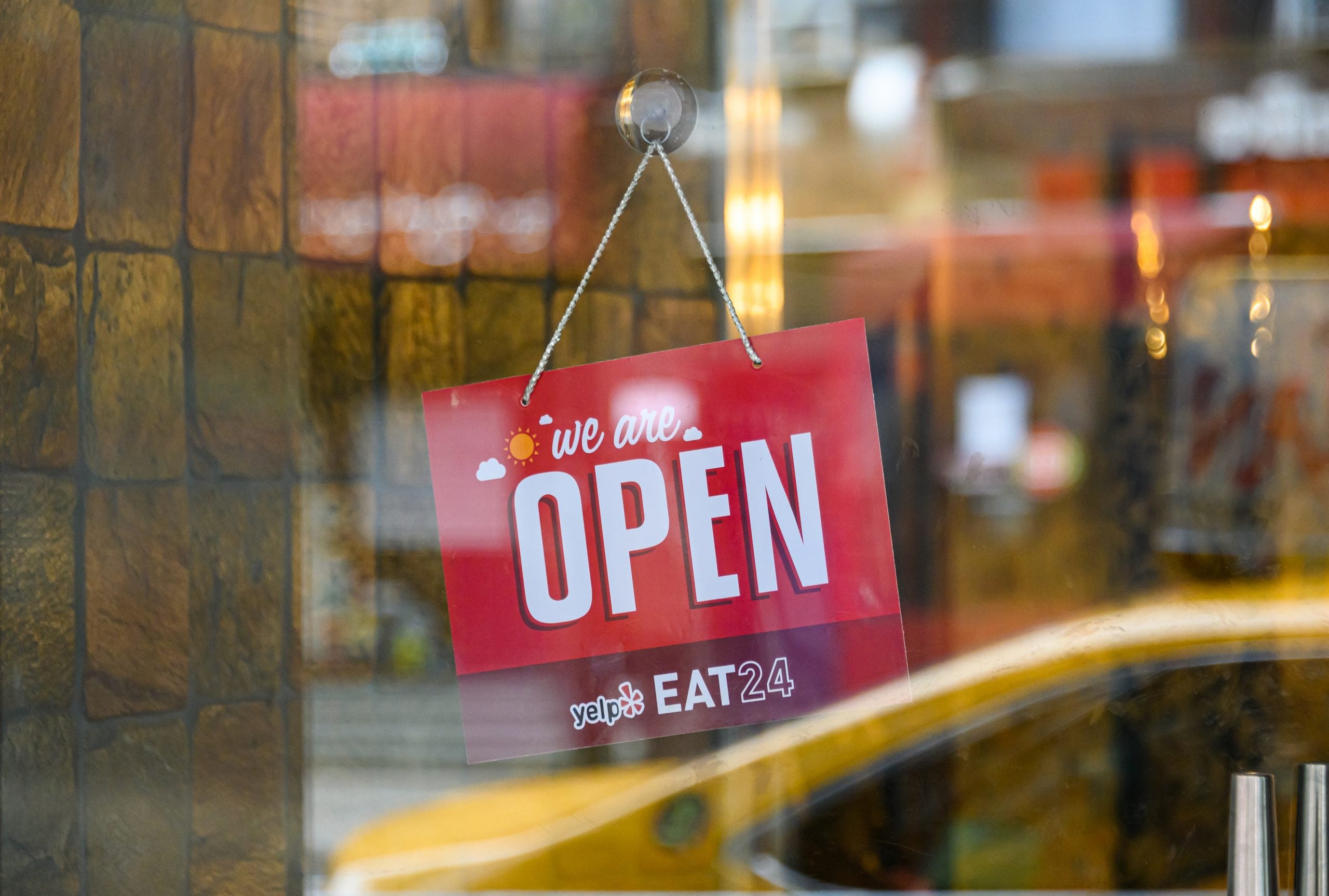
States are beginning to lift restrictions imposed to attempt to curb the spread of the coronavirus, but while the states may be ready to open, and businesses are welcoming back customers, the American people are not as comfortable with reopenings or going to nonessential places just yet, a new Washington Post-University of Maryland poll shows.
The hesitancy shows that many Americans are still concerned about being infected with coronavirus and becoming ill.
Poll data showed that some 63 percent of respondents were either very worried or somewhat worried about contracting the virus, while 36 percent said they were not too worried or not at all worried about the odds.
Respondents seemed to be okay about carrying out essential business, with 56 percent of respondents saying they were comfortable going to the grocery store (regardless of current restrictions in their areas) and with 44 percent saying they were uncomfortable. However, when it came to nonessential business, such as going to the retail clothing store or eating out at a restaurant, respondents expressed more caution. Only 33 percent of respondents said that they would be comfortable going to a retail clothing store, while 67 percent said that they were uncomfortable. Even less respondents (22 percent) were comfortable with eating out in a restaurant, with 78 percent expressing discomfort.
Surveyors asked a random half sample of the 1,005 respondents about eight specific types of businesses—gun stores, dine-in restaurants, nail salons, barbershops and hair salons, retail shops, gyms, golf courses, and movie theaters—and those polled said that those businesses should not be allowed to reopen.
Movie theaters had the widest gap, with 82 percent saying that they should not be allowed to reopen, and only 18 percent believing they should be opened. People were a bit more forgiving with golf courses. Still, less than half (41 percent) of respondents thought that they should reopen, and 59 percent were opposed to the idea.
The interviews for the poll were conducted from April 28 to May 3. Overall results have an error margin of plus or minus 3.5 percentage points. The results on which specific businesses should be opened or closed has a margin of error of five points, due to being based on a random half-sample.